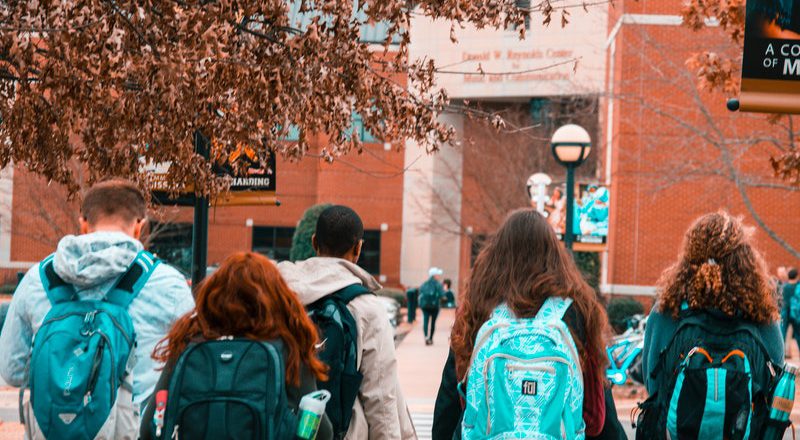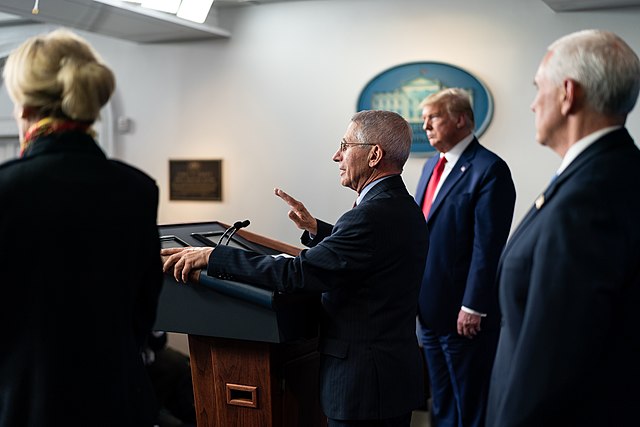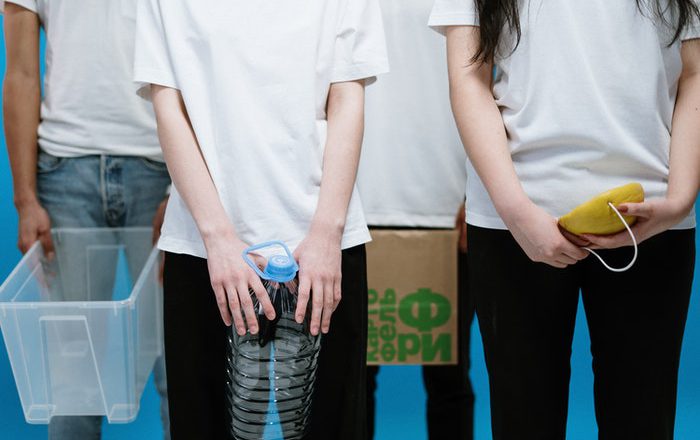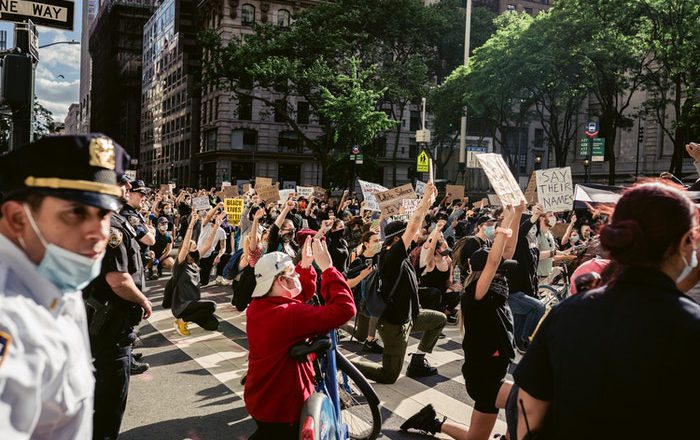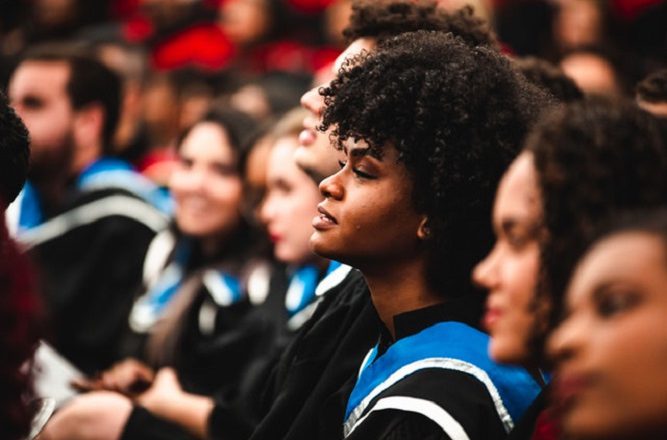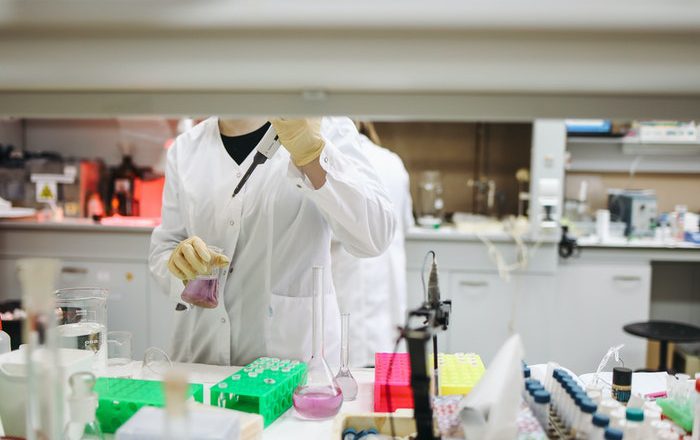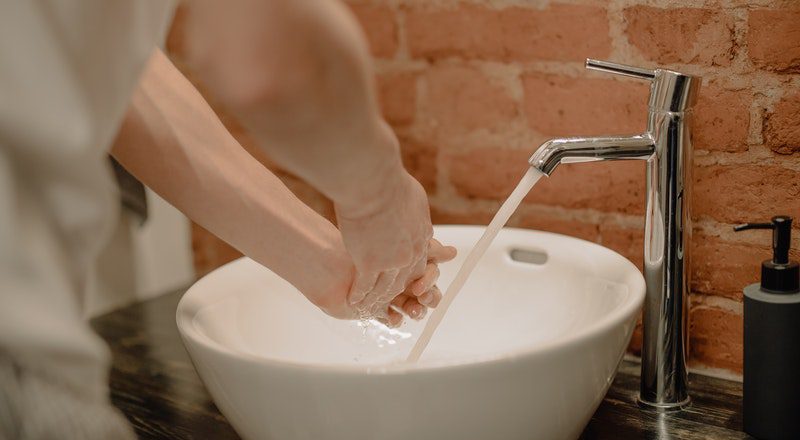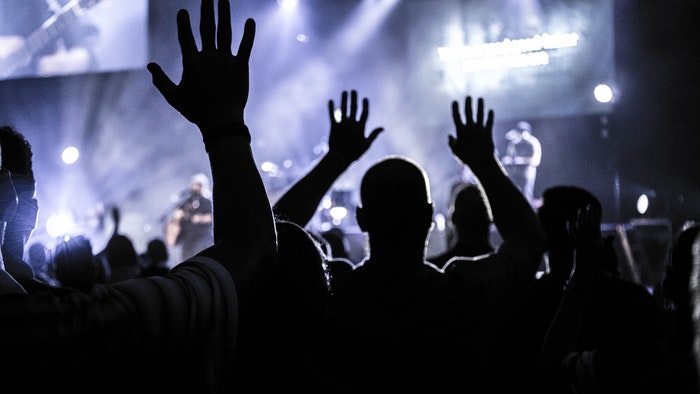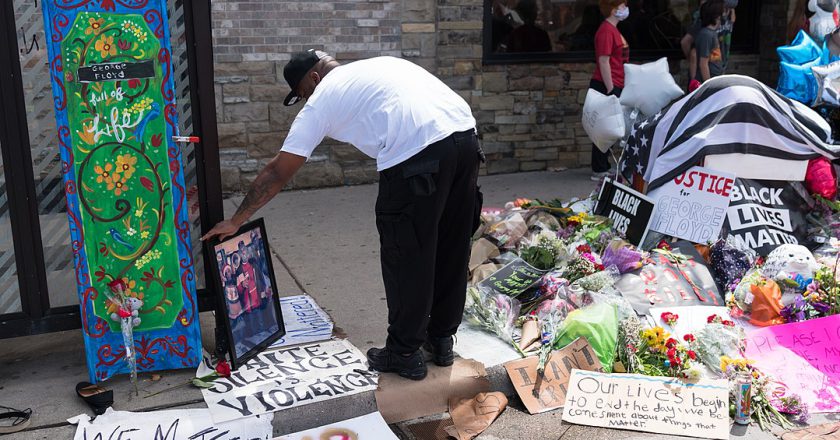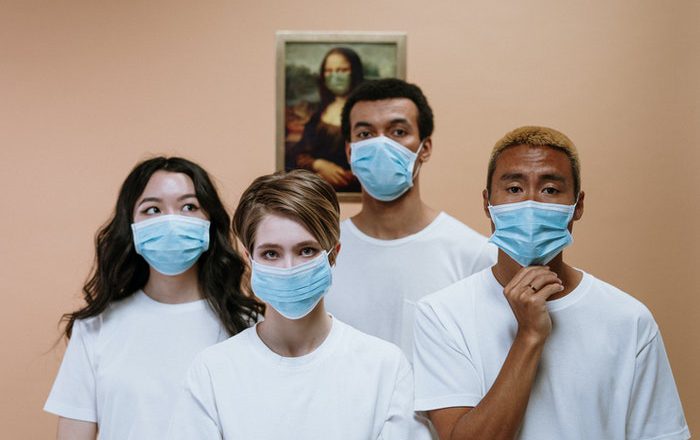Ethical challenges loom over decisions to resume in-person college classes
By early July, about 80% of U.S. campuses were planning to resume at least some in-person instruction, even as a growing numbers of faculty are voicing concerns about safety.
As Michael Sorrell, president of Paul Quinn College, argues, “Because we do not yet have the ability to bring students and staff back to campus while keeping them safe and healthy, we simply cannot return to business as usual.” Sorrell says that bringing students back in this context “constitutes an abdication of our moral responsibility as leaders.”
But this isn’t just about the responsibilities of individual campuses and university leaders to do what’s right. As a scholar of ethics, I believe it is unwise and unethical for government to leave schools largely on their own to navigate in deciding whether and how to ...

